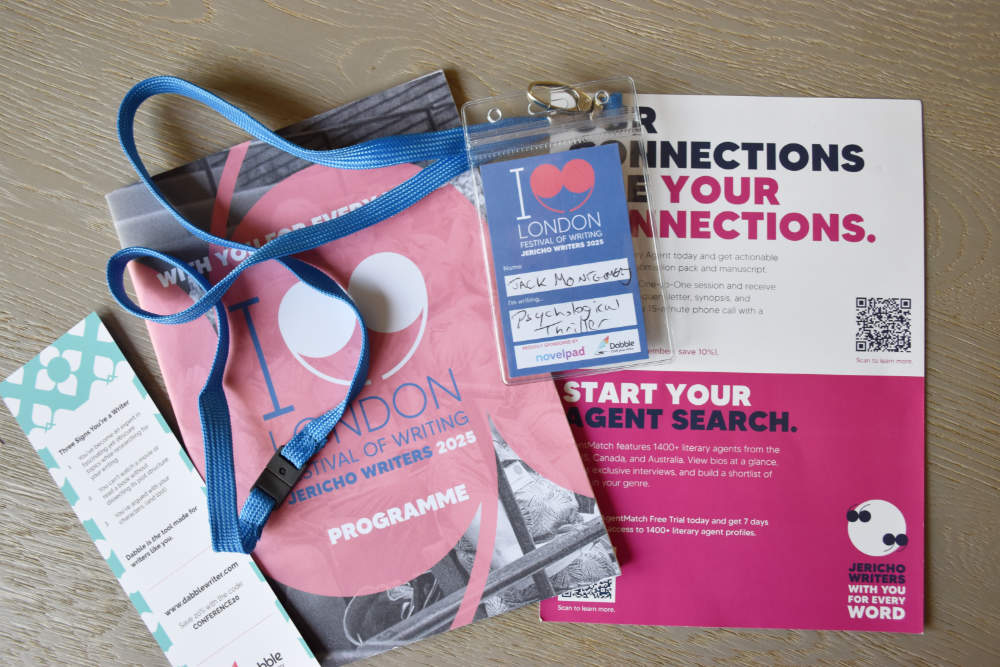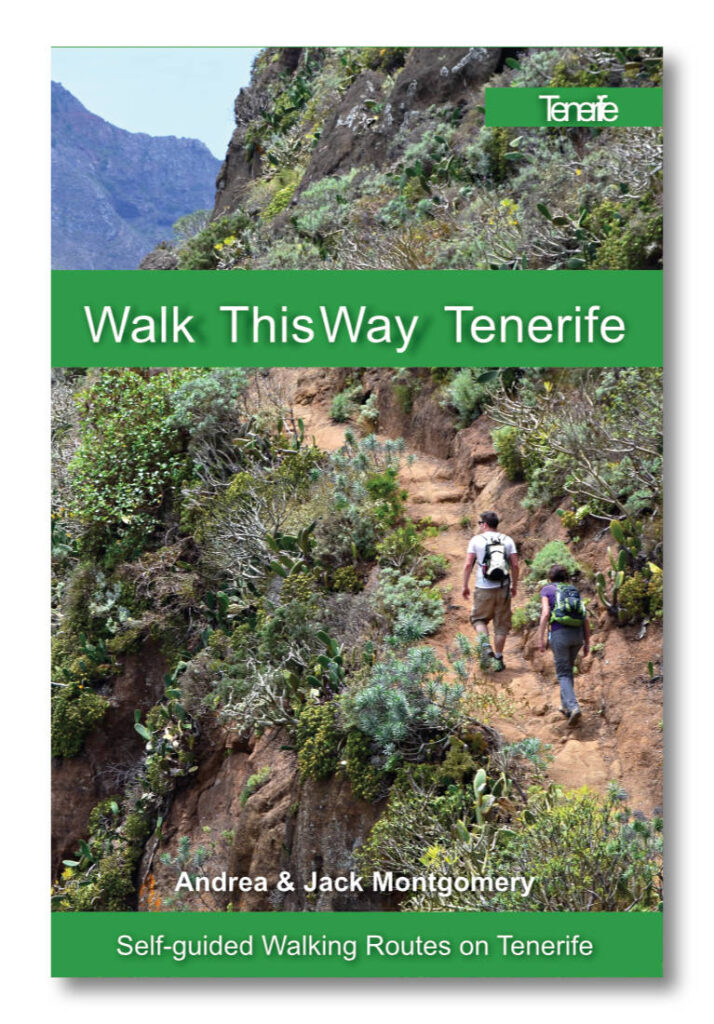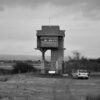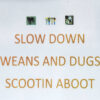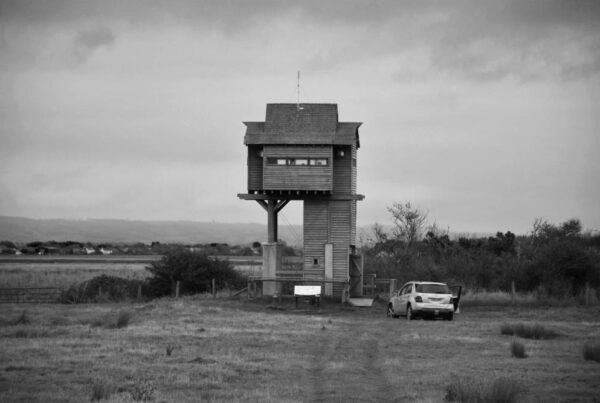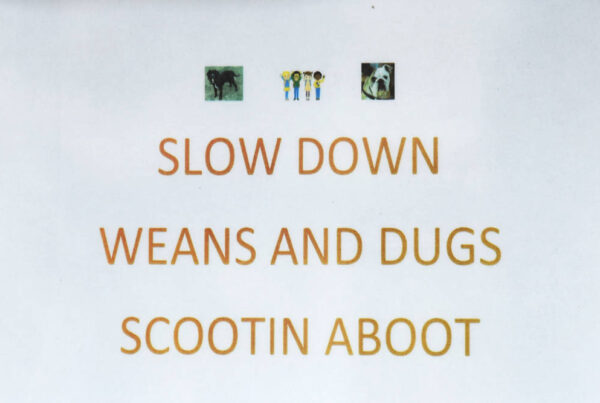At the end of June, Andy and I attended Jericho Writers Festival of Writing in London (LFOW). We’ve experienced events for travel writers before; this was our first conference for authors. We didn’t know what to expect, or how much we’d get from it.
The answer is a mindboggling amount of information. Over two days, we notched up workshops, talked to literary agents, chatted with authors at various stages in their writing careers, and enjoyed a gala dinner where eight brave souls read out the first five hundred words of their novel in front of a panel of publishing experts and three hundred writers.
By the end of the weekend, there was much to digest. I’m still processing some of it. These are ten things that made a big impact.
The first five hundred words ARE vital
I don’t expect the novels I read to start with a bang, so have taken previous advice about how important the first 500 words of a novel are with a pinch of salt. The first 500 competition at LFOW changed my mind. Extracts included thriller, historical, sci-fi, fantasy, memoir, and literary. All hooked my interest from the off. If the winner, Kate den Rooijen with her spellbinding Seven Dishes to Fall in Love, doesn’t get a publishing contract, there’s something seriously wrong in the literary world.
Other authors are great resources for tips
For most, writing is a solitary business. Festivals like FLOW are excellent for indulging in hours of the sort of writing chatter that has non-writers glassy eyed – with tips galore being shared in the process. Even before the festival officially started, I chatted to a fellow Scottish author (pure coincidence) who shared a valuable piece of advice that would never have occurred to me.
British authors don’t all talk with an RP accent
Whenever I see English authors being interviewed on TV, they invariably talk with an RP accent. I’m convinced this is subliminal manipulation – only people from a certain background can be authors. There were few RP tones to be heard. Instead, accents revealed writers from various English regions as well as Irish, Northern Irish, Scottish, and Welsh. It was an international gathering, also featuring writers from Canada, USA, Australia, France, Germany etc.
Learn to accept rejection
I know this from reading accounts by Douglas Stewart (Shuggie Bain rejected 44 times) and Stephen King (Carrie rejected 30 times), hearing it first-hand rammed it home more. The most ridiculous story came courtesy of Amie McNee during her presentation. She shared an account of the time when, despite having two publishing houses wanting to publish it, her book was turned down by numerous agents. Rejection is just part and parcel of being an author.
There can be such a thing as too much show
I subscribe to Stephen King’s ‘show don’t tell’ advice, tending to do so using dialogue … too much dialogue as it turns out. Two agents remarked on this. They’re right, even if they did compliment said dialogue. The good thing is, it’s relatively easy to rectify. Throw in a lot more scene setters and descriptors, for example. The thing about advice is, if I take a step back and ponder it, I can generally tell when it’s worth taking … or not.
Agents aren’t monsters … or goats
In a buzzing festival, there was one spot where lively chatter was in short supply – outside the room where authors waited for their one-to-one sessions with literary agents. It’s easy to forget that a) agents are just people doing a job, and b) that job is to find compelling reads, not bury them. One agent I saw came up with a revelation of a suggestion for my novel. Afterwards, authors shared tales of their experiences. Most were positive, some less so. One was appalling. An author’s work was savaged by an agent they met. It devastated them. It was wonderful justice when, at the gala dinner later, the author discovered their first 500 words made it to the shortlist.
Finding the right match is everything
An open session allowed an opportunity to wander around the festival’s main hall, listening to various literary agents and their responses to delegates’ questions. This was highly illuminating. On one instance, I heard contradictory advice just by moving from one table to the next. A couple of agents appeared to be quoting from a script set in concrete. But there were also others who were instantly inspirational, who came across as being more open, flexible. With one, I picked up some exceptional tips within moments of rolling up at their table. Basically, there were agents I thought, ‘Nope, we really wouldn’t gel’ and there were others I instantly felt I would love to work with. It rammed home the importance of carrying out intensive research before approaching agents.
Authors are really nice people
One of the joys of the festival was having the opportunity to meet and talk to fellow authors. Andy and I made the decision to split up for the workshops, which prompted us to chat more with other people. To a person, everyone was open, friendly, and interesting – from thriller writer Ramona from Oklahoma to horror scribe Steve from the Lakes. What there wasn’t, was any egos on display.
The road to publication has many paths
Having experience of self-publishing as well as commissioned work, Andy and I already know this from our travel writing. However, it was interesting to learn more about how it worked in the world of fiction. For instance, I didn’t know much about digital first. Something occurred to me as I listened to a session by reps from independent, digital first, and traditional publishing – there was a sense trad publishing was, in a way, still burying its head regarding the rise of other means of getting published.
The more you know, the more you realise you don’t know
I know this from travel writing experience. LFOW reinforced it. Learning never stops. With each morsel digested, the better equipped an author is. And, as a few delegates commented, you have to know the rules in order to break them.
The ultimate test is would I attend again? The answer is a resolute yes.
